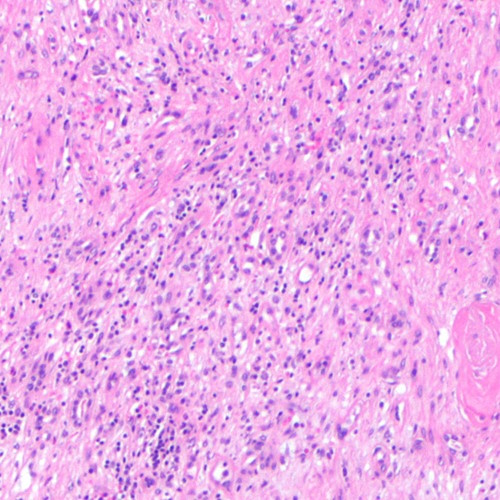Key points from article :
CRISPR-engineered induced pluripotent stem cells (iPSCs) deliver anticytokine biologic drug in response to inflammation caused by rheumatoid arthritis.
“Cells remain in the body for a long time and secrete a drug when there is a flare of inflammation,” - Farshid Guilak, senior investigator.
When implanted subcutaneously in a mouse model of RA, the engineered cells reduced inflammation and also prevented bone erosion.
Could overcome challenges observed with constant delivery of cytokine inhibitors and mitigate unwanted averse effects.
If one drug works better than another in a patient, it may be possible to make personalized treatments.
“We’ve demonstrated that we can make living tissue into a drug-delivery system,” - Kelsey H. Collins, co-first author.
Ongoing work for further tuning of the cellular responses in other chronic inflammatory disease models.
Study by Washington University School of Medicine published in Science Advances.






